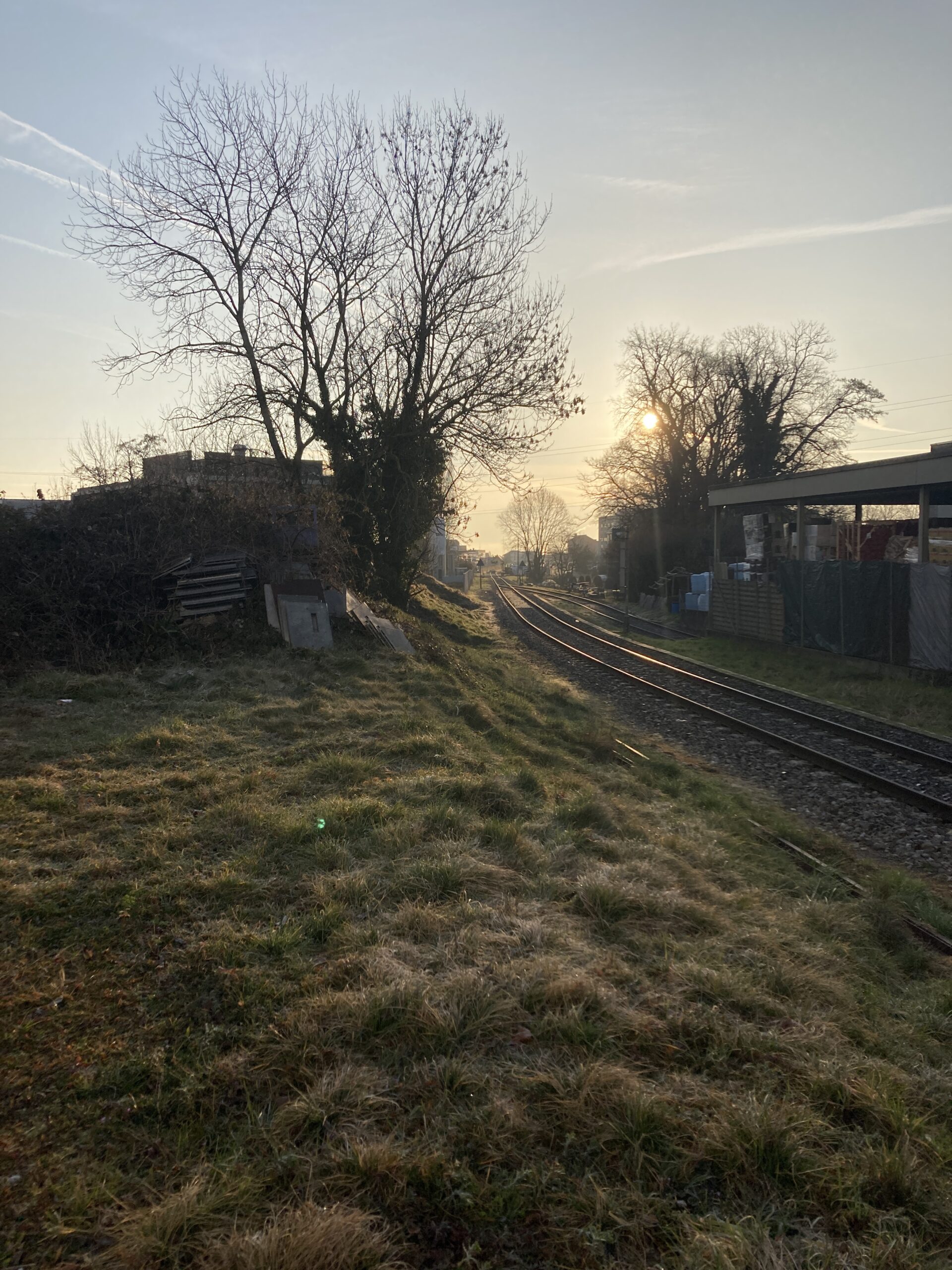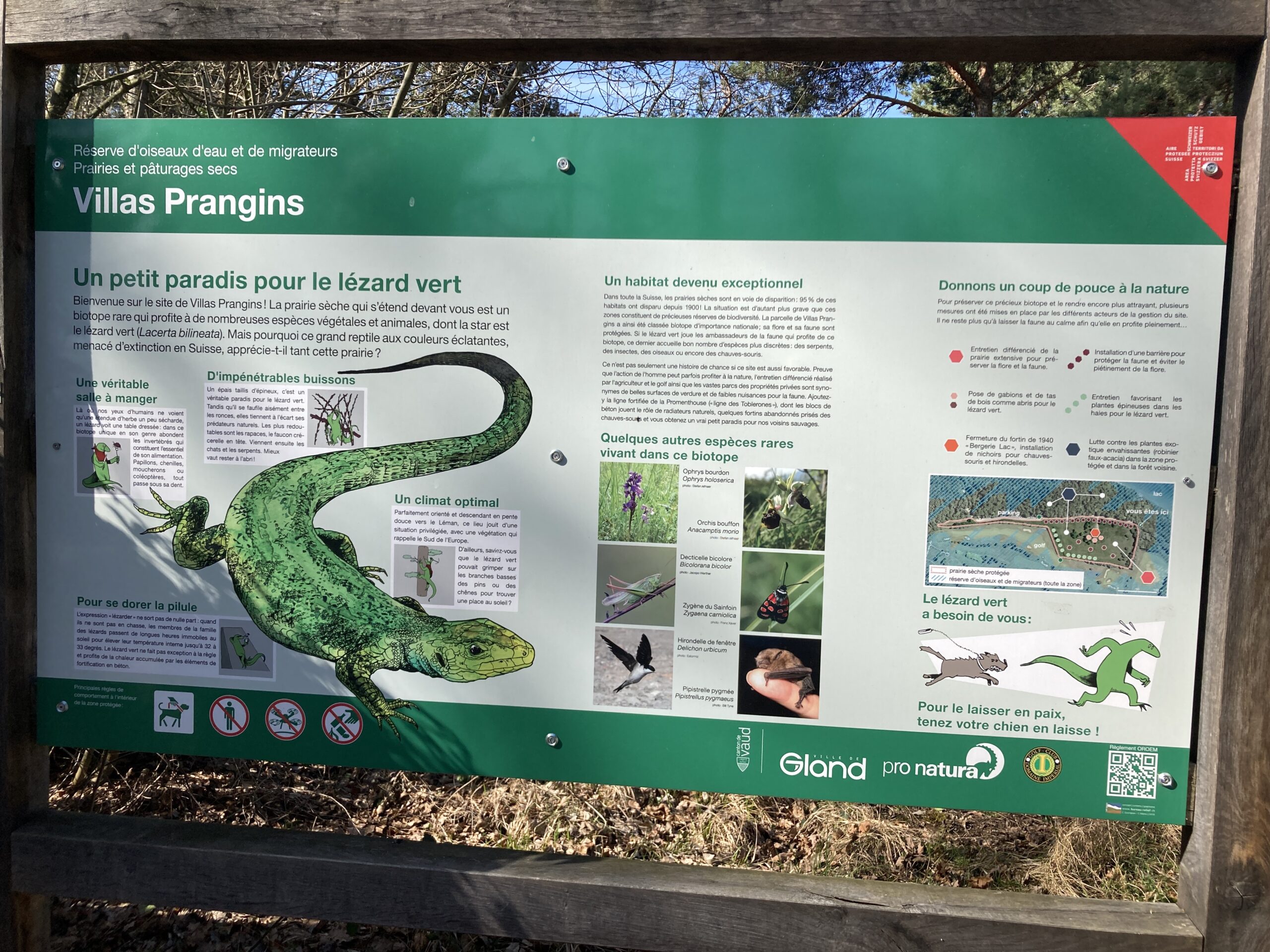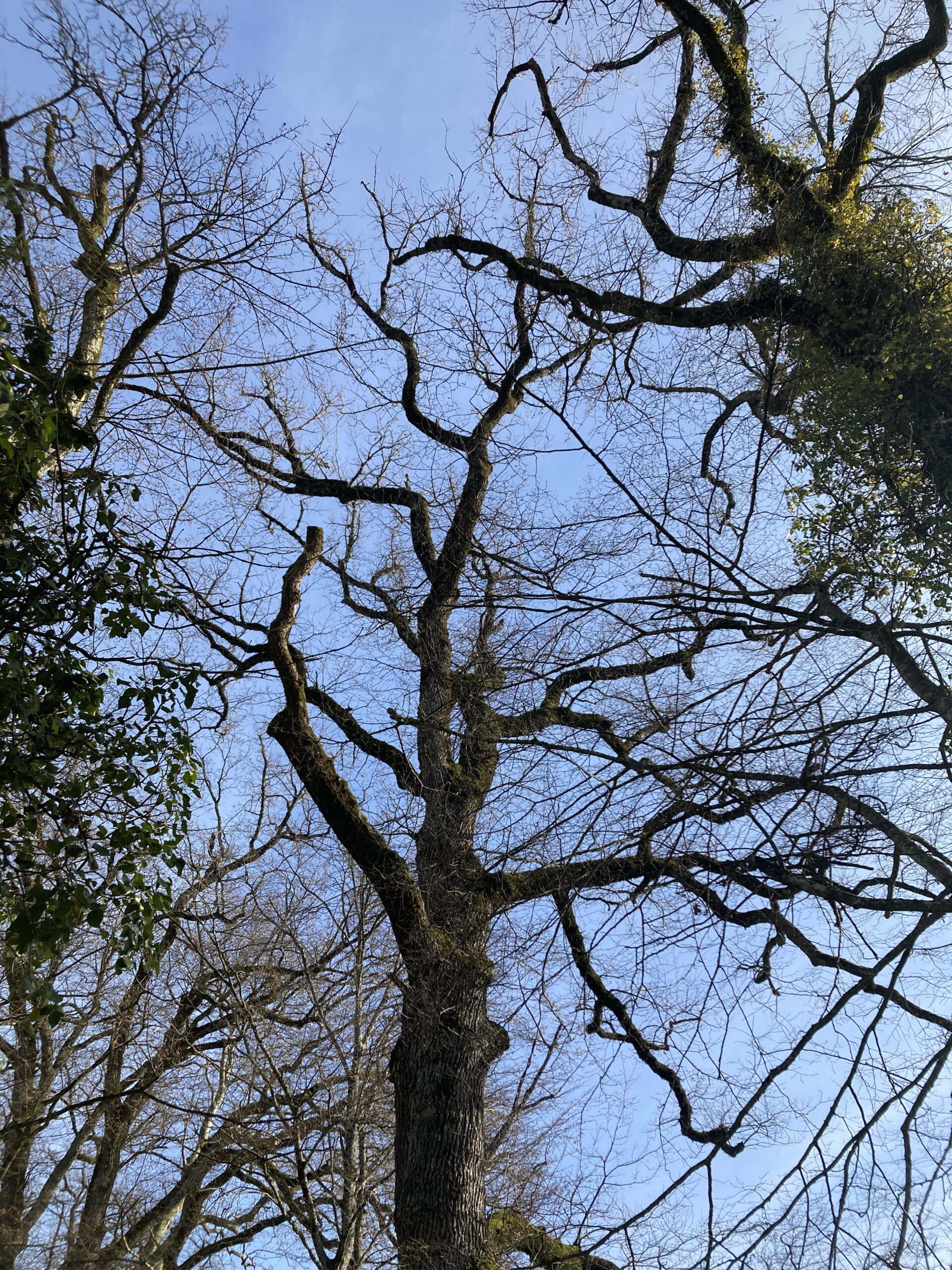Tag: thoughts
-

The Desire for a Road Trip
Reading Time: 4 minutesAlmost every time I get into the car I wish I was going on a road trip. I wish I was driving from point A to point B and that the drive would take hours, rather than minutes. As much as I hate “commuting” between point A and point B on a…
-

Bird Watching
Reading Time: 2 minutesSometimes when you go for a walk you spend time watching birds. In the video below you see a flock of gulls flocking around a tractor as it prepares the field for a crop. You see hundred of gulls wait for the tractor to open up the ground and then they rush…
-
Great Britain and the Fourth Estate
Reading Time: 3 minutesWhen I think of Great Britain I think of the BBC and I think of the Natural History Units. I also think of radio programs like In Our Time, From Our Own Correspondent and Hard Talk. I also think of BBC World and the quality of their news coverage. I mention these current…
-
Protected: thoughts typed on a mobile phone
There is no excerpt because this is a protected post.



